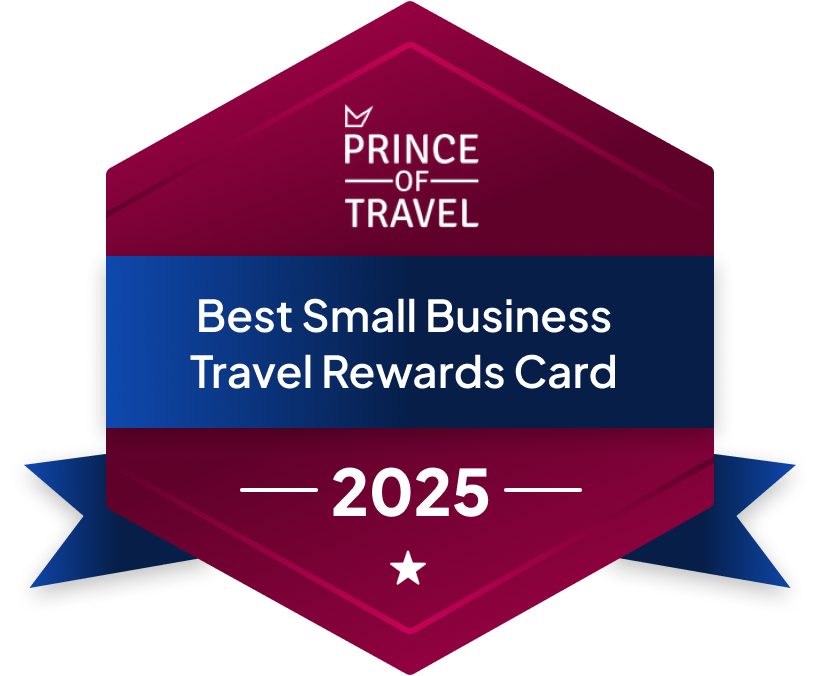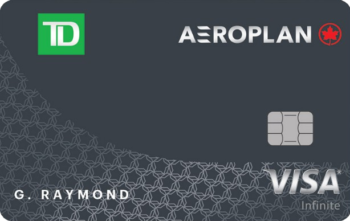Over the past few weeks, I’ve been sharing my thoughts on the particular mindset required to become an expert at collecting points and travelling the world in epic fashion – The Mileage Mindset.
It’s essential to stay abreast of the best tricks for redeeming points, from award chart loopholes to generous routing rules. It’s equally important to be able to earn points faster than you can consume them, and manufactured spending was a hot topic in that regard.
But to draw the series to a close, I’m going to discuss something that is far, far more important than any of that. If you truly want to “succeed” at this game, earning and redeeming millions of points per year, you need to develop a strong network with everyone else in the game.
As my friend Matt from A Whistle & A Light put so succinctly: Don’t fly solo!
Let’s run through the reasons why having a strong network of fellow practitioners, complete with a degree of mutual trust, will supercharge your points-crunching potential.
Sharing Secrets
This is the obvious one. The oft-repeated advice for beginners in this arena is to follow the major Miles & Points blogs, news websites, and forums. But that only gets you so far.
All of the “secret” deals and tricks – like the examples I shared in previous installments related to award charts, routing rules, and manufactured spending – typically don’t get shared on public, Google-indexed webpages.
And if they do get shared, they’re generally taken down pretty quickly by those eager to keep it hush-hush.
Perhaps the best illustration of this is “mistake fare” websites like Secret Flying or FlyerTalk’s Mileage Run Deals forum. These sites regularly leak amazing fare deals, like $200 round-trip to Europe or something.
But the truth is there are many, many more mistake fares existing at any given moment, and most of them go unpublished for long periods of time. Only a select few know about these deals and take advantage of them continually.
The only way to get your hands on this insider information is via word of mouth, and the only way for that to happen is to develop connections with everyone else. And by this I mean not only the bloggers, but also everyone else who participates in the comments and forums, because you never know who might have something valuable to share.
In general, in-person connections are forged much quicker and stronger than over the internet, which is why I encourage everybody to attend the upcoming PointsU Conference if at all possible. I appreciate every reader email I receive, and I always aim to help my readers out – but it’s just not the same level of camaraderie as chatting with someone over a beer or two.
A Wealth of Data Points
Sharing secrets is just one small part of the benefits of developing a network. At the end of the day, deals and tricks that are good enough to be classified as “secrets” are still relatively few and far between.
Where having a strong network really stands out, however, is by offering you a much wider pool of data points. A “data point” is just a term for an anecdote of one’s real-world experience, such as “I just received a repeat signup bonus on my American Express card, despite the T&Cs saying otherwise.”
While you can solicit data points on the public blogs and forums, I’ve found that unless your question is extremely basic and beginner-level (i.e., anything more advanced than “How long should I wait before reapplying for the same card?“, you’re not very likely to get reliable, detailed answers.
That’s because 1) the more “advanced” your question, the less likely those who read it will have the required answers on hand, and 2) if your question is seeking to “bend the rules” in even the slightest way, people might refrain from giving you straight answers in order to keep things hush-hush – it goes back to the previous point.
On the other hand, if you know a bunch of people personally who have all dabbled in Miles & Points at a reasonably advanced level, chances are that 1) somebody has done what you’re trying to do in the past, 2) they can share their experiences with a helpful level of detail, and 3) they are willing to share it with a trusted contact (i.e., yourself).
Believe me, once you move beyond the beginner stuff, you’ll run into many, many questions as to what is possible and what is not. So if you’re wondering things like “Can I use an Aeroplan Diamond member’s account to change my booking in order to pay a lower change fee?“, then having a reliable network will be key to getting the answers you need, when you need them. (Hint: the answer is yes.)
The Best of All Worlds
The beauty of most points programs is that you’re allowed to use your miles and points to make bookings for friends and family. And when you have a large group of friends who all collect points and travel the world at the drop of a hat, this particular benefit is greatly amplified.
At the end of the day, Miles & Points is not a zero-sum game (at least until certain tricks get over-exposed and killed off, I guess). For the most part, we’re all pretty altruistic folks – everyone who’s playing the game wants to see everyone else succeed. And as long as you trust each other, there are many ways you and your fellow travellers can help each other out.
For example, say that I’ve recently depleted my stash of Alaska Mileage Plan miles, while someone else I know who avidly collects points is swimming in an absolute ocean of the stuff. I might ask him to “lend” me some of his Alaska miles, as it were, by booking me a ticket using his miles.
Sometime down the road, I’ll be more than happy to repay the favour – and it doesn’t have to be in Alaska miles either. It could be with Aeroplan, SPG, or any program – as long as we agree to call it even, this kind of helping each other out is very commonplace among the Miles & Points experts.
Another example of a way that people like to “give and receive” is by leveraging elite status. An SPG Platinum Elite member might help someone out by booking a hotel room for them, essentially “gifting” suite upgrades. Or an Air Canada Super Elite member might book Air Canada award tickets out of his or her own Aeroplan account, helping friends save on the hefty fuel surcharges.
The possibilities are endless, and this to me is a clear example of – as in real life –how many doors can be opened by networking and forming connections. Think about it, there’s no way you can earn remotely as many points and/or status memberships as a whole group of people working alongside each other.
By leveraging the personal connections you make, you’re able to maintain access to the best benefits and flexibility that each and every member of your network provides.
Conclusion
Before I made it out to PointsU in Toronto last year, I was pretty much entirely “flying solo” in my efforts to collect points. I had never even bothered to reach out to anyone in the community, I didn’t attend meetups, and my participation on forums was minimal. And you know what? I thought I knew it all.
But giving myself a chance to be educated by the rest of the community was one of the best decisions I’ve made, and I can confidently say that I would’ve enjoyed a fraction of the success I’ve had this calendar year in terms of earning and redeeming points if I didn’t attend. Hell, it was meeting Jayce and witnessing his success with PointsNerd that inspired me to get this whole blog thing started in the first place.
When it comes to Miles & Points, the final reckoning is remarkably similar to that of the real world out there. You can do your best to amass knowledge and experience, but ultimately your network will be your greatest asset. So mark your calendars for PointsU Calgary, and if you really can’t make it that weekend, consider reaching out to other members of the community in your local area to get something going.




















Well said, Ricky. See you at PointsU!